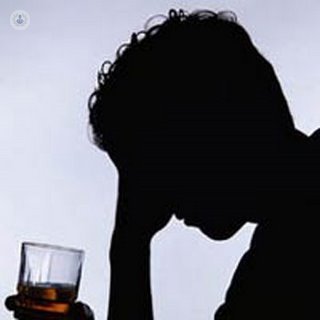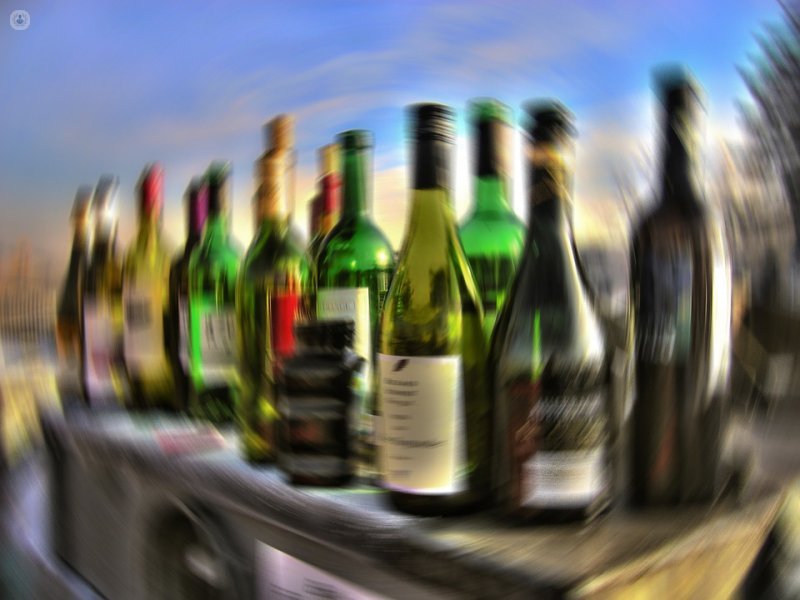What causes alcoholism?
Written by: We are facing a problem of alcohol abuse, harmful use or consumption risk when the substance is causing damage to health, both physically and mentally, either because the person leaves his personal obligations, consume at risk, it carries legal or problems that continue to drink despite negative consequences.
We are facing a problem of alcohol abuse, harmful use or consumption risk when the substance is causing damage to health, both physically and mentally, either because the person leaves his personal obligations, consume at risk, it carries legal or problems that continue to drink despite negative consequences.
We speak of a serious disorder consumption of alcohol, or what is commonly understood as alcoholism, when alcohol intake becomes the main lynchpin other vital areas of the person (social, work, family).
Clinical features of alcoholism
The use made of psychoactive substances in general, and alcohol, in particular, will be crucial to accurately assess the severity of the addiction.
The main clinical features of addiction are:
- Tolerance to the substance, understood as the need to consume markedly increased amounts to achieve the desired effect or the effect of the same amount decreases with continued use.
- The appearance of withdrawal to interrupt or reduce prolonged consumption. Its most common symptoms are nausea, sweating, tremors and anxiety.
- The loss of control with respect to the intake of the substance.
- The appearance of the insatiable, compulsive desire to drink alcohol.
In addition, the alcoholic spends most time in the production, consumption and recovery from the effects of the substance.

Causes of alcoholism
The etiology of alcoholism is not known with certainty and accuracy. There are many causes that could help develop an alcohol addiction. Experts point to a combination of genetic, psychosocial and environmental factors. However, the beginning of the problem factors not necessarily have to coincide with the factors of maintenance.
On the other hand, we can speak of a genetic disposition to certain types of alcohol metabolism. It has been found that there is a very common gene in alcoholics who favors usually the alcoholic has a less aversive less potent alcohol adverse reaction that having a non-alcoholic, ie what is known as "hangover" is that of nonalcoholic.
It would not be a pleasure gene but a gene of lower displacer. However, it is known that there is a cause-effect but a probabilistic relationship, that is, more vulnerable, given that approximately 40% and 50% of the descendants of an alcoholic father develop an alcohol addiction.


